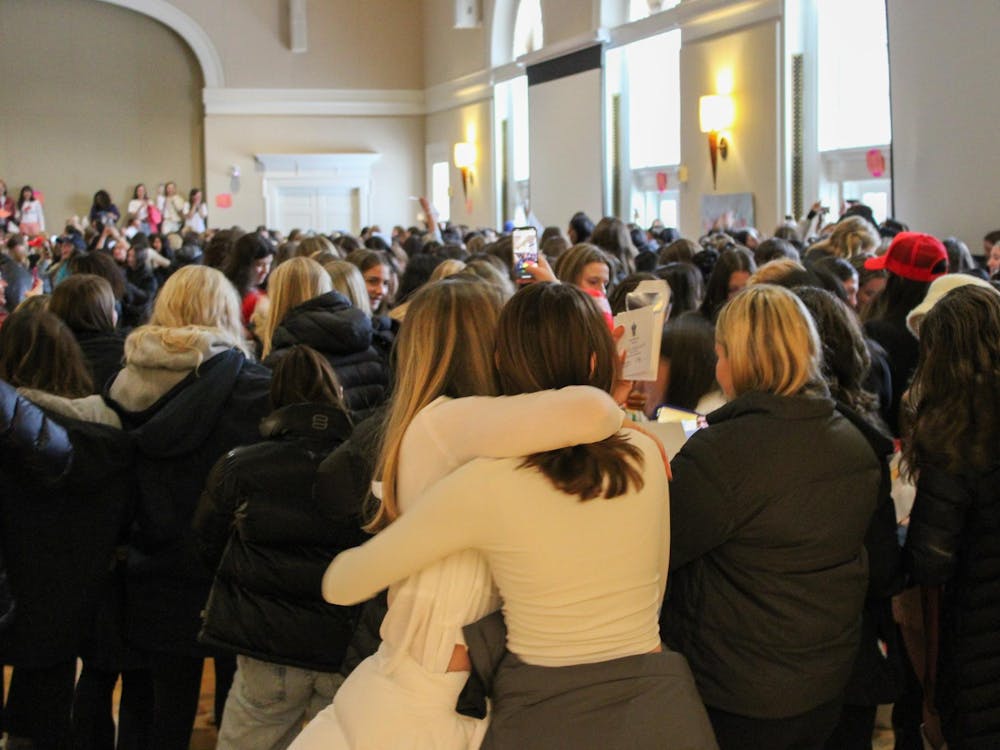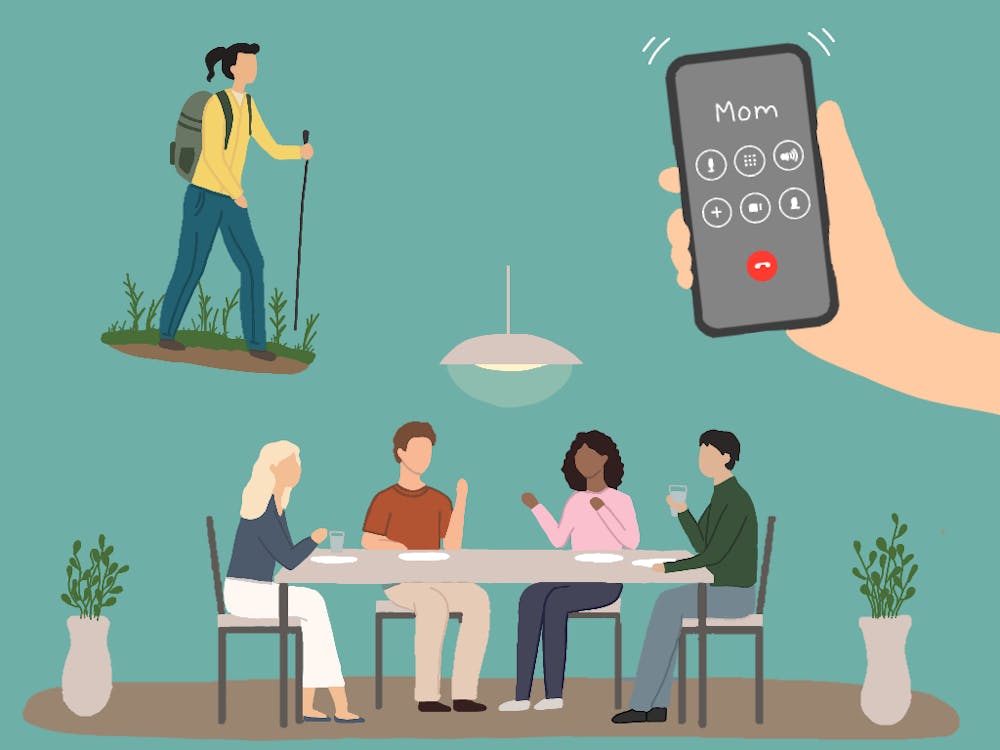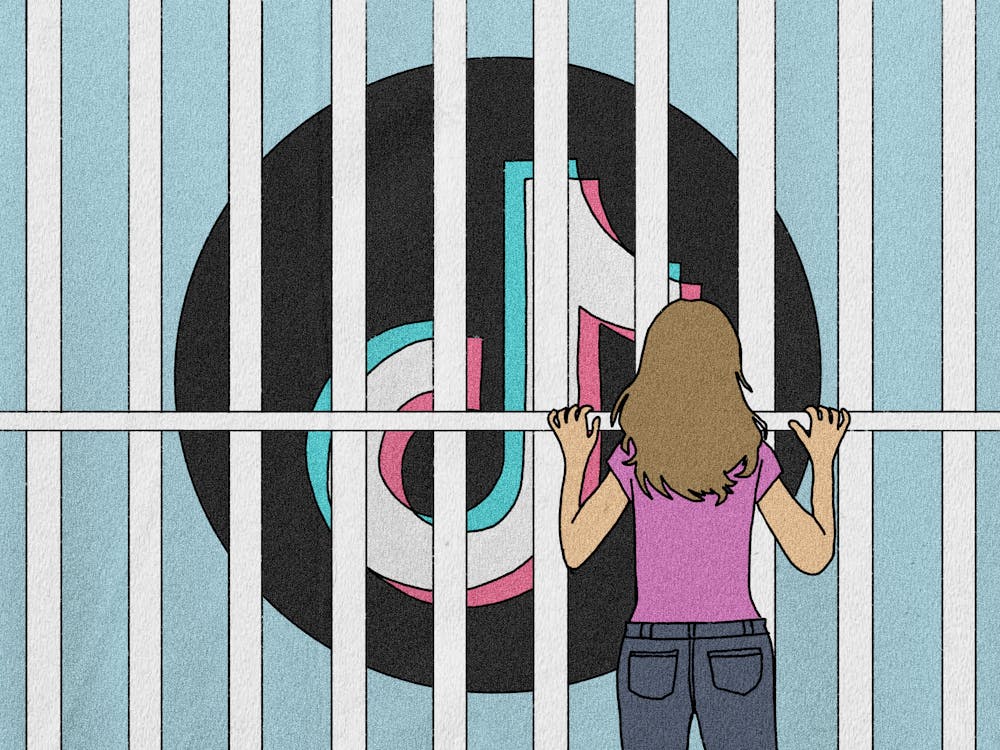Have you ever wished you could trade that "long-time-no-see, buddy" in for a much cooler "what's up dude"? I know I have ... a lot. I also know that I must not be the only one dropping speech faux pas that I learned from my parental units, so awareness and prevention of this uncoolness is crucial.
I became aware of my habit of dorky discourse just last weekend when I told a new acquaintance I would give her "a jingle" when I arrived a Newcomb. Now, I think that anyone anywhere could pick out my horrendous mistake. I said "jingle." After I flipped my phone shut, I stopped in my tracks and stood aghast, appalled at my mistake. How had this word slipped out of my mouth? Where had it come from? I then realized that my parents could inadvertently ruin my life. I had always thought that I was one to be cool as a cucumber and -- ah, I did it again -- here I was picking up words that came from (*gasp*) the '60s, the '70s or perhaps were even creations of my ancestors!
I can't be the only one to whom this has happened, so I will go through some basic parent-speak words for you so you can catch them. Does that "sound like a plan?"
Please never say "cool beans." I don't know where that phrase originated, and I don't think that it expresses anything particularly poignant. I used to think that it was a neat-o -- noooo, I just dropped a "neat-o" -- way to express my approval, but through the scorn and ridicule of my peers, I have learned otherwise. I actually have an aunt that says "hard cheese" about adverse situations -- but, if I go into that, we would have to take a look at my family's deep and troubling psychological history.
Another phrase that you have to look out for is "gimme five." I have fond memories of playing catch with my dad and being rewarded for a good play by a "gimme five, buddy." Apparently, this expression is out also -- it has been replaced by the fist pound (less friendly, but certainly cooler). Another thing, never say you need some "mullah" or you are going to turn up the "tunes." These two words might be common in your household, but they are not "in" with the University students.
Now, these phrases and words might not always be the wrong thing to say, but let me highlight some situations NEVER to say them in. First, let me say, if your mother has ever called making-out "hanky-panky," DO NOT EVER REPEAT IT. Can you imagine more of a mood killer than, "Hey baby, let's go do some hanky-panky on the couch." At that point, you probably would have already experienced your last hanky-panky.
Also, don't ever say "be there or be square." The fact that you have obviously taken this phrase from your parents labels you as the square -- and, if you know the actual meaning of square (to be un-hip), you have just revealed your un-hipness.
Never try to flirt with someone by calling them a "turkey" or a "silly goose." Sometimes teasing is still used as a technique for flirting (especially for someone like me who prefers the third-grade style to more mature modes). To call someone a turkey is to tease them and say they are silly -- yet that does not mean you should tease someone by calling them a turkey if you want romantic reciprocation. Don't ask how I know this -- just pity me knowing that it is a tested theory.
I am not a good authority on cool things to say, and I would never give up hanging with the fam damnly, so the only cure I have for parent-speak is to censor what comes out of your mouth. If you are worried about your coolness factor, don't let corny phrases your parents use sneak into any conversations and show up in crucial social situations where afterwards you want to hit your forehead and ask yourself, "Am I for real?!" Increased awareness should do the trick. Okey-dokey?
C'ya later, alligators!
Maggie's column runs bi-weekly on Fridays. She can be reached at jones@cavalierdaily.com.





